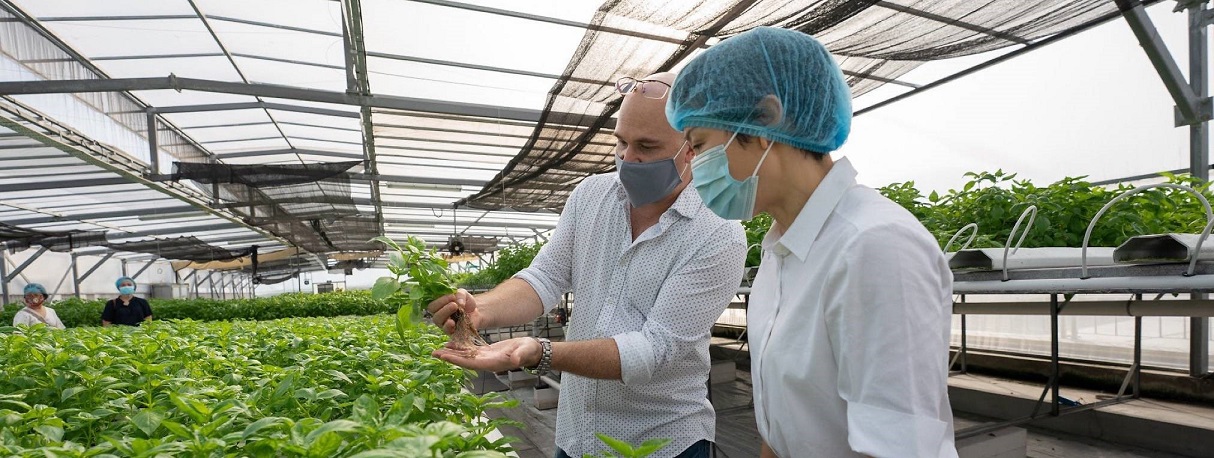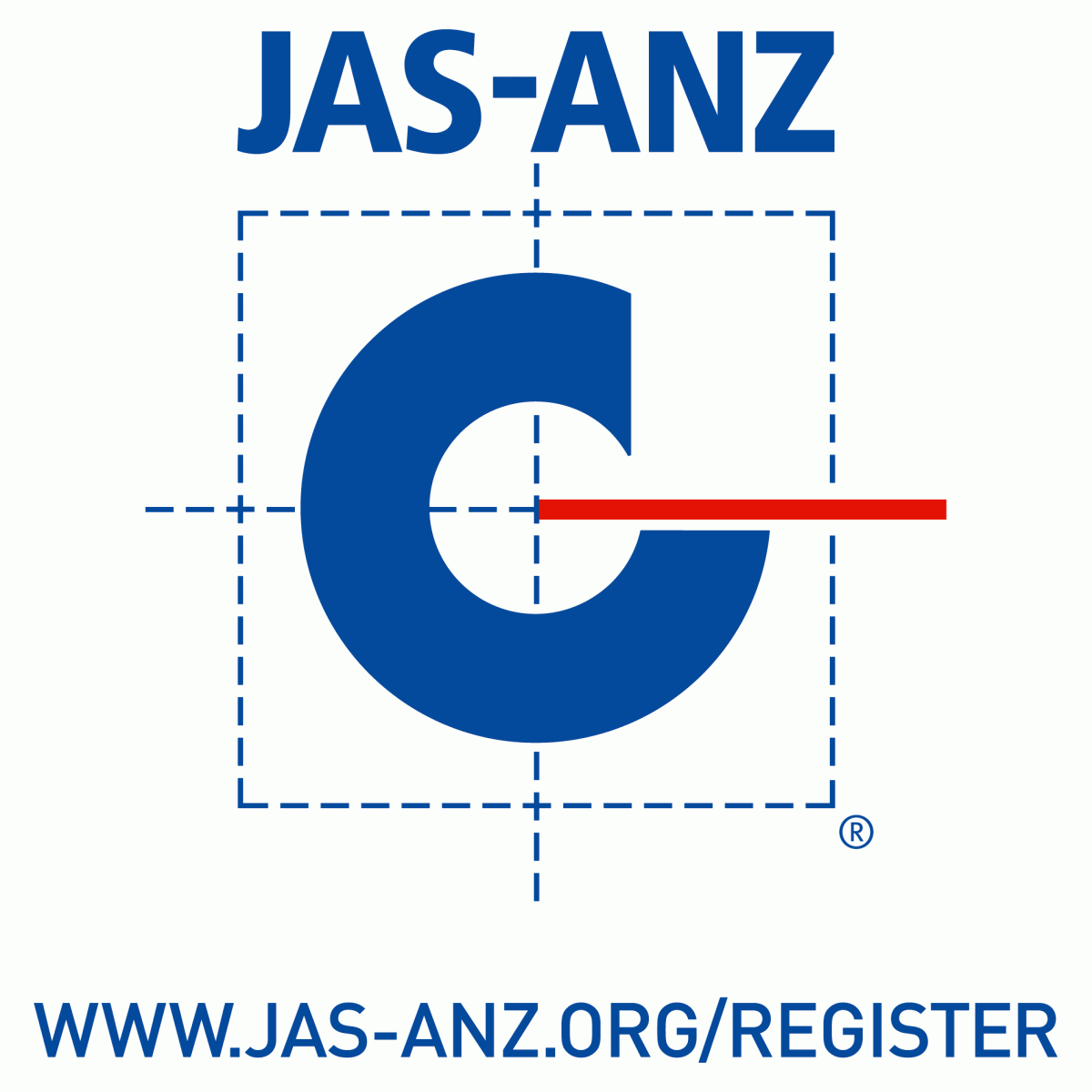
ISO 22000 Food Safety Management System
ISO 22000 is the International Standard that sets out the requirements for a Food Safety Management System (FSMS) for the production, processing, transport or distribution of food products.

About ISO 22000 Food Safety Management System
This standard is designed to provide an international baseline for quality management, which can be used by companies around the world, regardless of their industry or organisational size. ISO 9001 has become the most widely used and implemented quality management system in the world.
The standard outlines what an organisation needs to do to demonstrate its ability to manage, and control for, food-related safety hazards to ensure that there is no danger to human consumption. It integrates the key principles of the Hazard Analysis and Critical Control Point (HACCP) system:
- Perform Hazard Analysis
- Define Critical Control Points (CCP)
- Set Critical Limits
- Implement Critical Control Monitoring
- Take Corrective Action
- Create Procedures
- Ensure Detailed Record Keeping
Quick Quote
Fill out the form below to find out more
Focus of ISO 22000
ISO 22000 mandates that specific requirements be met within your Food Safety Management System; these include:
- Your organisation needs to have a Food Safety Policy that outlines your commitment to providing safe food products
- Measurable objectives are set in order to demonstrate compliance with the policy
- You must create and document a Food Safety Management System (FSMS)
- Analyse and report on the effectiveness of your FSMS
- Establish a food safety team and assign team members. Ensure they have a supportive infrastructure and working environment for them to carry out their responsibilities effectively
- Solidify effective communication channels between your organisation and external bodies, such as regulators, that assess your compliance with food safety standards
- Create an emergency plan and ensure it is known, and tested
- Instate a committee to review and evaluate the FSMS
- Ensure that HACCP principles are known, are incorporated into the FSMS, and are followed
- Implement Prerequisite Programs (PRPs) to ensure your production facilities are effectively mitigating the risks of contamination
- Defining corrective actions including product recalls
- Creating and maintaining:
- Processes that ensure the maintenance of measurement devices
- Auditing programs to review processes
- Continuously maintaining your FSMS
Benefits of ISO 22000
- A sustainable approach to food safety assurance
- Ensures higher standard of environment and product, leading to greater satisfaction among employees and customers
- Removes barriers to international trade in the food industry, and strengthens brand reputation, and increases investment potential
- Provides an advantage over competitors who are not certified
- Aligns with Hazard Analysis Critical Control Points (HACCP) food safety management system
- Greater economic benefit through process improvement, higher return on assets, and enhanced profitability
- Increases buyer, retailer and consumer confidence within the food industry
- Manages food safety risks across the whole supply chain
- Aligns with other management systems including ISO 9001, and ISO 14001
Certification Process
Certification involves GCC assessing your organisation in order to ascertain that management systems meet the requirements of one or more recognised standards. Becoming certified to a nationally or internationally recognised standard is of great benefit to an organization. It improves overall performance, builds confidence within stakeholder groups and broadens the scope of new opportunity.
Application/ Contract
- Application for certification by client
- GCC will review and provide certification proposal
- Client accepts the agreement and return to GCC
- Audit dates will be booked
- GCC conducts Gap Analysis (optional)
Certification Audit/ Transfer
- Stage 1 Audit, The Audit team will assess documentation and readiness of management system for Stage 2 Audit
- Stage 2, Certification Audit, Audit team will assess implementation of system and will verify any issues outstanding from the Stage 1 Audit.
- Organisation will be recommended for Certification after review and positive decision by the independent GCC certification Authority,
- A Certificate will be issued
Maintaining certification
Surveillance Audits
Each issued certificate has a three-year life period. Upon certification, an audit program will be created for regular audits over the three-year period. These audits confirm company’s on-going compliance with specified requirements of the standard. At least one surveillance audit per year is required.
Read our policy for use of Certification Marks
Re-Certification
Re-Certification
The certification expires within 3 years and a re-certification Audit will be conducted prior to the expiry date to ensure that Management System is maintained.
Frequently Asked Questions
ISO (International Organisation for Standardisation) is a non-governmental organisation dedicated to developing standards that ensure the quality, safety, and efficiency of products, services, and systems. ISO 22000 specifies the requirements for food safety for companies operating along the food supply chain. Benefits of certification against ISO 22000 include:
- Effective leadership and management skills
- Improved customer satisfaction
- Assistance in meeting other standards and guidelines
- Improved monitoring and record-keeping
- Better stakeholder confidence
- Continuous improvement of business practices
- Better credibility and transparency
On top of this, an ISO 22000 FSMS certification supports a consistent structure that integrates with other management systems such as:
If your business involves manufacturing, processing or serving of food and other food-related products, ISO 22000 certification can assist in improving processes and in ensuring the safety of the products and services provided. The standard is highly relevant to a number of businesses such as:
- Farmers
- Food growers
- Food transport professionals
- Food processors
- Packagers
- Bottlers
- Retailers
- Food servers
- Hospitality staff
- Restaurant and hospitality management;
- And more.
Global Compliance Certification (GCC) is a leading independent certification body for Quality (ISO 9001), OHS (ISO 45001), Environment (ISO 14001), Information Security (ISO 27001), Food Safety (ISO 22000), and other Management Systems. GCC is accredited by JAS-ANZ (Joint Accreditation System of Australia and New Zealand).
Please get in touch with us today to find out your next steps towards ISO 22000 certification.
The cost of ISO 22000 will vary depending on several factors such as the products/services provided as well as the number of locations and employees of the business. To get started please fill out our form and we will get in contact with you to discuss your requirements in greater detail.
ISO food safety certification tackles four key aspects that are central to a food safety management system, which are:
- Interactive communication – This element focuses on effective internal and external communications across the entire organisation.
- System management – This principle recognises that a systems approach is a highly effective management strategy. It includes managing and monitoring the systems that make up an organisation and can consist of documentation, as well as management of inputs and outputs.
- Prerequisite programs – Otherwise known as PRPs, these programs ensure a clean and sanitary environment is upheld and establish conditions and activities that must be maintained throughout the food chain to mitigate the risk of contamination.
- HACCP principles – This covers hazard analysis (HA), completed to identify which potential food safety hazards need to be controlled and removed. These critical control points refer to the steps or stages at which these hazard reduction control measures should be applied.
HACCP, which stands for Hazard Analysis and Critical Control Points, is an internationally recognised system for food safety. For companies operating within the food supply chain (including production, distribution, and preparation), HACCP is a useful system for upholding food hygiene standards.
ISO 22000 certification goes beyond HACCP standards. It ensures food is safe to consume and also deals with the standardisation of safe food production, handling and preparation, as well as the management practices that govern these areas. While HACCP is primarily concerned with the testing, monitoring and documentation of specific control points for food safety, ISO 22000 has a much stronger focus on management and leadership within an organisation and food safety practices.
GCC Training
Empower your team with our self-paced efficient training.








